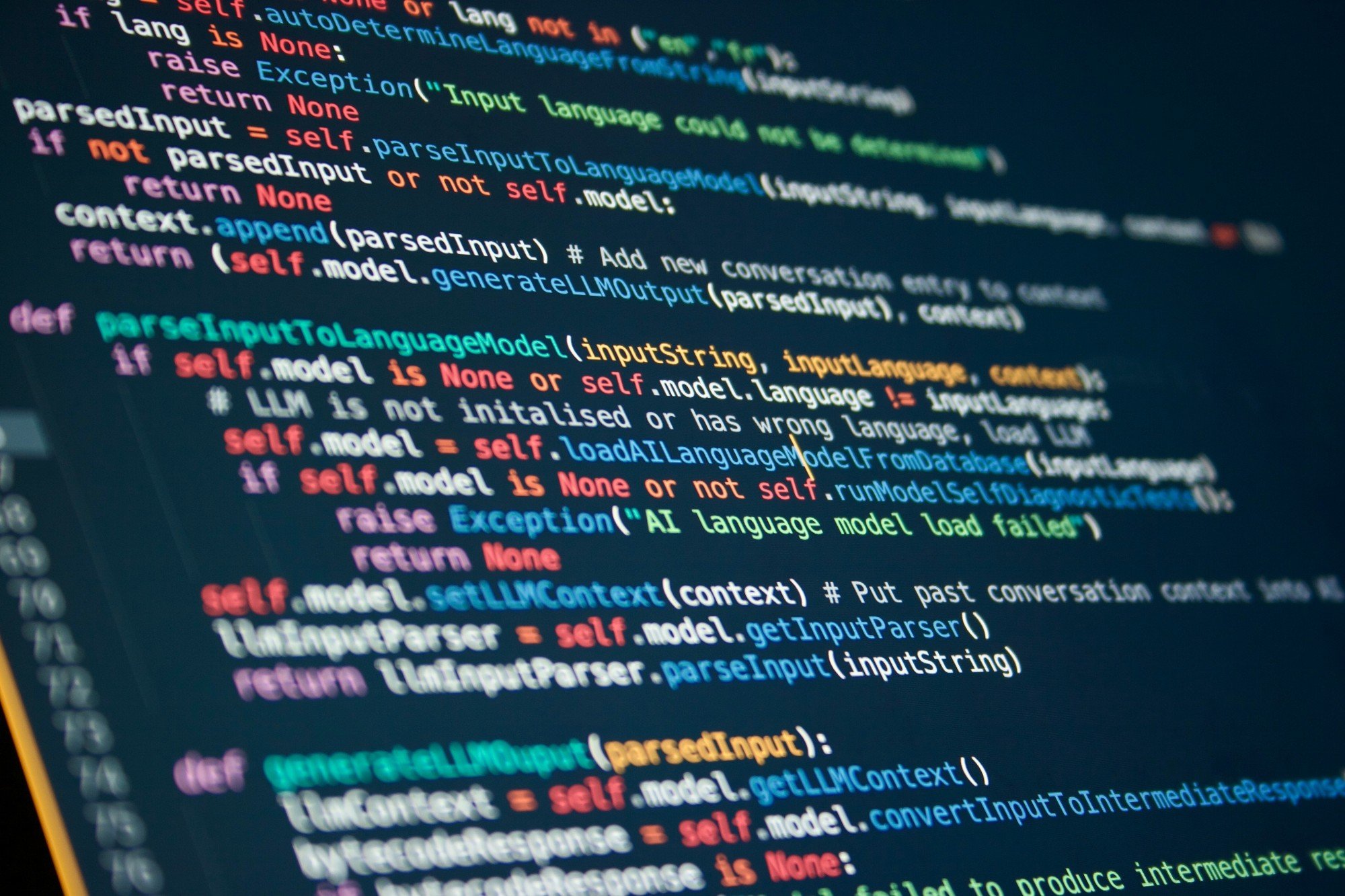The Chinese capital accounts for 40 of around 80 large language models that have been launched in the country. The municipal government of Beijing is offering about US$5.5mil in subsidies for computing resources used to train AI models and applications. — SCMP
Beijing is now home to half of China-developed large language models (LLMs) – representing the technology used to train intelligent chatbots like ChatGPT – as more companies in the country’s second-largest city after Shanghai launch a range of generative artificial intelligence (AI) services to market, according to local authorities.
The Chinese capital, which hosts more than one-third of the country’s “core AI companies”, accounted for 40 of around 80 LLMs that have already been launched, said Jiang Guangzhi, director at Beijing’s Bureau of Economy and Information Technology.
Jiang said Beijing is offering about 40 million yuan (US$5.5 million) in subsidies for computing resources used to train AI models and applications, while also pledging to promote AI models by implementing LLM applications across a range of industrial scenarios on a quarterly basis, according to a report on Tuesday by local news outlet Kechuangban Daily.
“Beijing leads Chinese cities [in LLM development] because of the city’s significant advantages in computing power, data sets, use case scenarios, investment and talent,” Jiang was quoted by Kechuangban Daily as saying. “We hope to further focus our resources on AI innovation and align this with the needs of the economy and society.”

LLMs are deep-learning AI algorithms that can recognise, summarise, translate, predict and generate content using very large data sets.
Generative AI refers to the algorithms, such as those that power ChatGPT and similar services, that can be used to create new content, including audio, code, images, text, simulations and videos.
Beijing’s commitment to AI innovation reflects China’s large bet on the technology as a major catalyst to transform and raise the efficiency of traditional industries, while giving a boost to the economy at a time when the post-Covid-19 recovery is losing steam.
“AI is an important trend in today’s technological development and a driver for the next round of industrial revolution,” Jiang said, adding that LLMs are expected to further evolve.
He said Beijing will also promote the procurement of “secure and reliable” AI models to help agencies under the municipal government, state-owned enterprises and various public institutions raise their productivity.
After Microsoft Corp-backed start-up OpenAI released ChatGPT in November, Chinese Big Tech firms have rushed to develop rival local services.
Major tech companies that have become involved in LLM development include internet search provider Baidu, video gaming and social media powerhouse Tencent Holdings, AI specialist SenseTime, telecommunications equipment maker Huawei Technologies, and e-commerce giants Alibaba Group Holding and JD.com. Alibaba owns the South China Morning Post.
Still, internet regulator the Cyberspace Administration of China has yet to issue a licence for any generative AI product in the country, even as Big Tech firms like Baidu, Alibaba and iFlytek have rolled out ChatGPT-like services on a trial basis.
At last week’s World Artificial Intelligence Conference (WAIC) in Shanghai, it was announced that China has set up a new government body that will be responsible for implementing a national standard for LLMs.
The China Electronic Standardisation Institute, which is under the Ministry of Industry and Information Technology (MIIT), said it has enlisted Baidu, Huawei, cybersecurity firm 360 Security Technology and Alibaba to lead a special task force that will draw up the new LLM standard.
At the WAIC event, MIIT Vice-Minister Xu Xiaolan highlighted the Chinese government’s pledge to increase support for the domestic AI industry, which is estimated to consist of more than 4,300 companies at present. – South China Morning Post





